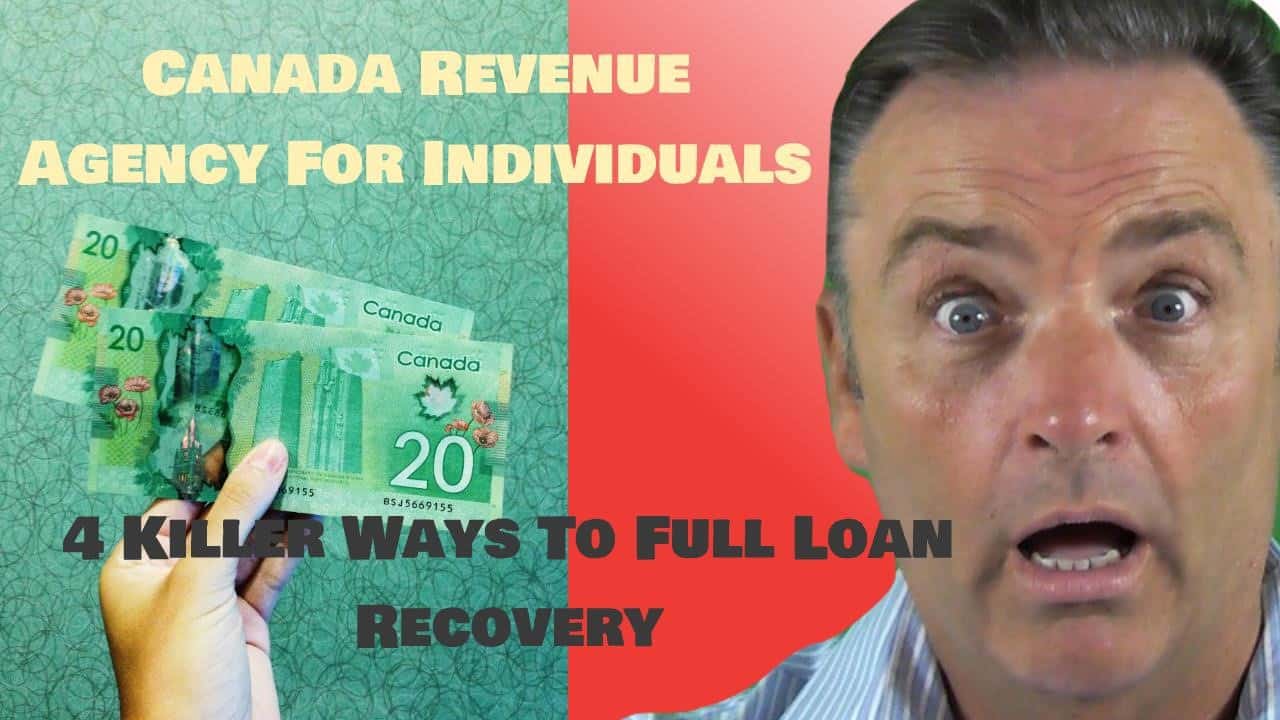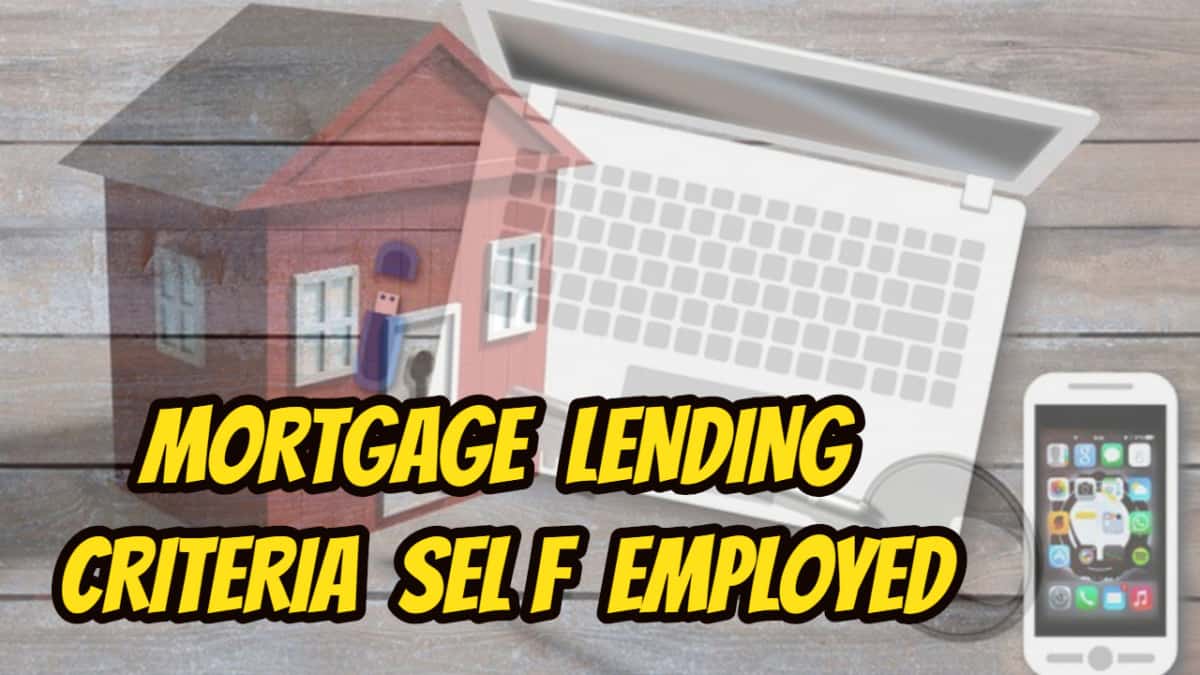The Ira Smith Team is absolutely operational and Ira, in addition to Brandon Smith, is readily available for a telephone consultation or video meeting.
Stay healthy, well balanced and safe and secure everyone.
[monkeytools msnip=”https://monkeyplayr.com/playr.php?u=5173&p=22225″]
Introduction
On July 4, 2018, my Brandon’s Blog MORTGAGE LENDING CRITERIA SELF EMPLOYED: BIGGEST MYTH MAY BE RIGHT, I described the case of Canada v. Toronto-Dominion Bank, 2018 FC 538 (CanLII) which was heard in Federal Court. I described where the Federal Court ruled in favour of the claim of Canada Revenue Agency for individuals running an unincorporated business either as a proprietorship or in partnerships.
The Bank appealed the decision to the Federal Court of Appeal. The case was heard on October 8, 2019, in Toronto. The judgment was released at Ottawa, Ontario, on April 29, 2020. I want to remind you about the facts of the case, what was decided and provide my 4 killer ways that mortgage lenders to people who also run an unincorporated business, but you don’t lend to the business, can protect themselves.
The original Canada v. Toronto-Dominion Bank case
The original case was very simple. A man had a landscape design business he ran as a sole proprietor. In 2007 and 2008, prior to becoming a customer of the Bank, he collected GST that he did not pay over totalling $67,854.
In 2010, the Bank advanced both a mortgage loan and a home equity line of credit (HELOC) loan to the man. Security for both loans was registered against the man’s home. It was the Bank’s standard from mortgage and HELOC security documents. At the time, the Bank had no knowledge of the man’s Canada Revenue Agency for individuals’ liability for unremitted GST. There was no registration by the government against the man’s home for this outstanding tax amount either.
In late 2011, the man sold the home. His real estate lawyer issued two trust cheques to the Bank from the house sale. One paid off the mortgage and the other cheque paid off the HELOC. In return, the Bank discharged its mortgage and HELOC security charges and the house sale was completed.
In 2013 and 2015, the Canada Revenue Agency made deemed trust claims against the Bank under Section 222 of the Excise Tax Act (ETA) for the amount of the man’s collected and unremitted GST. GST or HST under the ETA and employee source deductions (amounts withheld by employers from salaries and wages paid to employees on account of income tax, the Canada Pension Plan and Employment Insurance) under the Income Tax Act, that is collected but not remitted, forms a deemed trust claim against the assets of the business.
If the business is not a company, that is unincorporated, then there is no difference between the proprietor’s or partner’s personal assets and business assets. They are just assets of the person.
Canada Revenue Agency argued that the Bank was in possession of funds from the sale of the man’s property. The Crown also submitted that when the man sold his home, he was obliged to pay his GST obligation out of the sale proceeds. He did not do that. Rather, he used part of the money from the sale to pay the Bank off. Keep in mind the Bank was a secured creditor. The Crown further argued that under this scenario, the Bank had a statutory responsibility to pay the GST tax debt out of the money it received.
The Bank argued on its behalf that the repayment of the money only applied if there was an event that triggered other events leading to the repayment, such as a secured creditor enforcing its security.
The Federal Court disagreed and ruled in favour of the taxman.
The Canada Revenue Agency for individuals claim to appeal to the Federal Court of Appeal
The Bank appealed the lower Court’s decision. The Bank’s appeal rested on three issues where they claimed that the Federal Court judge erred:
- By finding that the deemed trust does not need an event that creates the crystallization around the assets.
- In finding that secured creditors cannot avail themselves of the bona fide purchaser for value defence.
- Ignored the fact that the Bank’s loans to the man had nothing to do with his business.
The Federal Court of Appeal judges went through a detailed analysis of cases and legislation. In the end, the Federal Court of Appeal did not find that the lower court judge erred in any way and dismissed the Bank’s appeal on all three grounds.
Triggering event – The Bank argued that the concept of priority can only be determined when there is an event that triggers competing claims to the priority over the assets. Since the right to a priority is essentially remedial in nature, it develops upon the enforcement action initiated by one or more creditors. When there is a competition between claimants, and it is obvious there will be a shortfall, that is when the Crown is able to assert its priority. Here, the Bank was not a secured lender at the time the Crown asserted its priority.
The appeal court decided that the lower court was correct. The relevant section of the Excise Tax Act creates a trust when there is unremitted GST or HST where the property is beneficially owned by Her Majesty in spite of any security interest in the property or in the sales proceeds thereof.
So the Bank was unsuccessful in this part of its argument.
Bona fide purchaser for value defence – This argument by the Bank is that it is a bona fide buyer for value of the cash paid to it by the debtor. Because the considered trust fund provisions of the Act do not extend to such buyers for the value the Bank submits that it is entitled to keep the funds provided in payment of the borrower’s HELOC and mortgage.
The appeal court ruled against this argument on the basis that if the bona fide purchaser for value defence was available to secured creditors who got paid off, it would render the deemed trust provision useless in probably every situation. The Court stated this was not Parliament’s intention.
The loans to the man had nothing to do with his business – This argument is that the court should distinguish between the taxpayer acting in his capacity as a business distinct from the tax debtor acting in a personal capacity. Further, it was argued that the Bank had no knowledge of the man’s business affairs.
The Court rejected this argument for two reasons. First, the statute that establishes the deemed trust states “…every person…”. It does not differentiate between different types of persons. Second, there was nothing in the evidence before the lower court that indicated what knowledge the Bank had about the man’s business.
4 killer ways to full loan recovery
So how can someone who lends money by way of a property mortgage on a personal residence of a self-employed person who runs an unincorporated business protect themselves? Here are our 4 killer ways:
- The mortgagee needs to ask the question on the mortgage application to determine if the person is self-employed.
- The proposed mortgagee must get a true copy of a statement from CRA showing that there are no amounts owing by the person on account of either unremitted HST/GST or source deductions as the employer of others. This condition should be in the term sheet for the loan being offered. The statement should be given before the lender advances the funds.
- Lenders should add language to their term sheet, loan and security documents and discharge or other documents issued when the loan is repaid. The new language would be an attestation by the borrower that there are no amounts owing to any government authority that would be regarded to be a deemed trust claim.
- Even more, the language would have to make it clear that in the event there were any kind of such claims, even if the mortgage loan was totally repaid, the borrower is still responsible to pay that additional amount to the lender. The lender would then pass on the deemed trust amount to Canada Revenue Agency for individuals.
Summary
I hope you found this CRA deemed trust claim case review helpful. It should be of particular interest to contractors, developers and builders in Ontario.
The Ira Smith Team family hopes that you and your family members are remaining secure, healthy and well-balanced. Our hearts go out to every person that has been affected either via misfortune or inconvenience.
We all must help each other to stop the spread of the coronavirus. Social distancing and self-quarantining are sacrifices that are not optional. Families are literally separated from each other. We look forward to the time when life can return to something near to typical and we can all be together once again.
Ira Smith Trustee & Receiver Inc. has constantly used clean, safe and secure ways in our professional firm and we continue to do so.
Revenue and cash flow shortages are critical issues facing entrepreneurs and their companies and businesses. This is especially true these days.
If anyone needs our assistance, or you just need some answers for questions that are bothering you, feel confident that Ira or Brandon can still assist you. Telephone consultations and/or virtual conferences are readily available for anyone feeling the need to discuss their personal or company situation.
The Ira Smith Team is fully functional and Ira, together with Brandon Smith, is readily available for a telephone or video meeting no-cost strategy session.
Continue to be healthy, well balanced and protected everybody.


